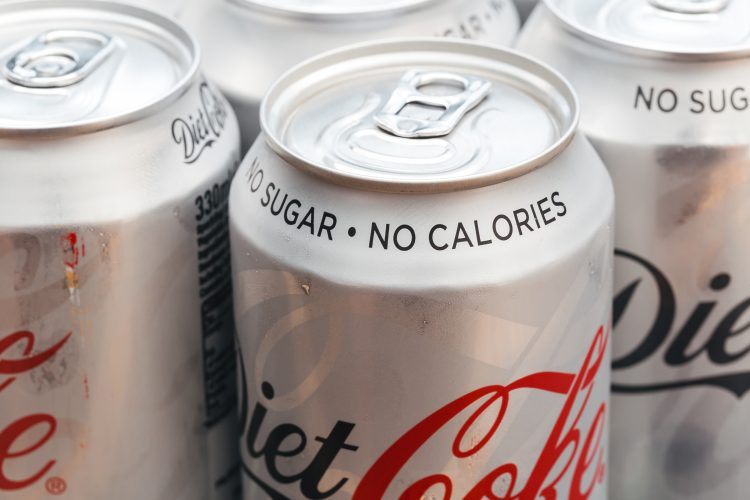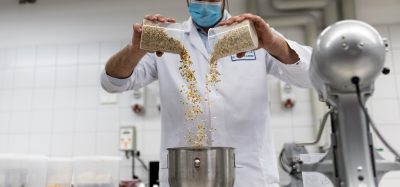Sweetener “to be declared a possible carcinogen”, reports claim
Posted: 30 June 2023 | Grace Galler | No comments yet
According to latest reports, popular artificial sweetener aspartame “will be listed in July as ‘possibly carcinogenic to humans’ for the first time”, by the IARC.


Aspartame, a common sweetener used in numerous products including fizzy drinks and chewing gum is “set to be declared a possible carcinogen” by the World Health Organization’s International Agency for Research on Cancer (IARC) in July, according to Reuters.
Reuters claims that its insight is from “two sources with knowledge of the process” and states that the common sweetener “will be listed in July as ‘possibly carcinogenic to humans’ for the first time” by the IARC. The official announcement will reportedly occur on 14 July 2023.
The National Human Genome Research Institute (NHGRS) defines a “carcinogen” as “a substance, organism or agent capable of causing cancer”, thus making its presence in food and beverages a health risk for consumers.
According to American Cancer Society (ACS), aspartame is “an artificial sweetener, sold under brand names such as NutraSweet and Equal, that has been in use in the US since the early 1980s”. ASC also explains that aspartame is commonly used as a table top sweetener, as well as in prepared foods and beverages.
Reuters’ report claims aspartame is “used in products from Coca-Cola diet sodas to Mars’ Extra chewing gum and some Snapple drinks”, however the BBC has claimed that the sweetener is present in “Diet Coke, Coke Zero, Pepsi Max, and 7 Up Free”, though it also finds that it is present in “around 6,000 food products”.
Reuters has claimed that the IARC ruling was reportedly “finalised earlier this month” following a “meeting of the group’s external experts”. It went on to say that the ruling is “intended to assess whether something is a potential hazard or not, based on all the published evidence”. However, Reuters states that the ruling “does not take into account how much of a product a person can safely consume”.
However, Reuters has highlighted that there have been “similar IARC rulings in the past” for various substances which led to consumer concern regarding sweetener usage. It went on to note that these rulings “led to lawsuits, and pressured manufacturers to recreate recipes and swap to alternatives” ultimately resulting in “criticism that the IARC’s assessments can be confusing to the public”.
New Food will keep its readers updated in the coming weeks.
Related topics
Beverages, Health & Nutrition, Quality analysis & quality control (QA/QC), Regulation & Legislation, Research & development, retail, Trade & Economy, World Food
Related organisations
BBC, International Agency for Research on Cancer (IARC), Reuters, World Health Organization









